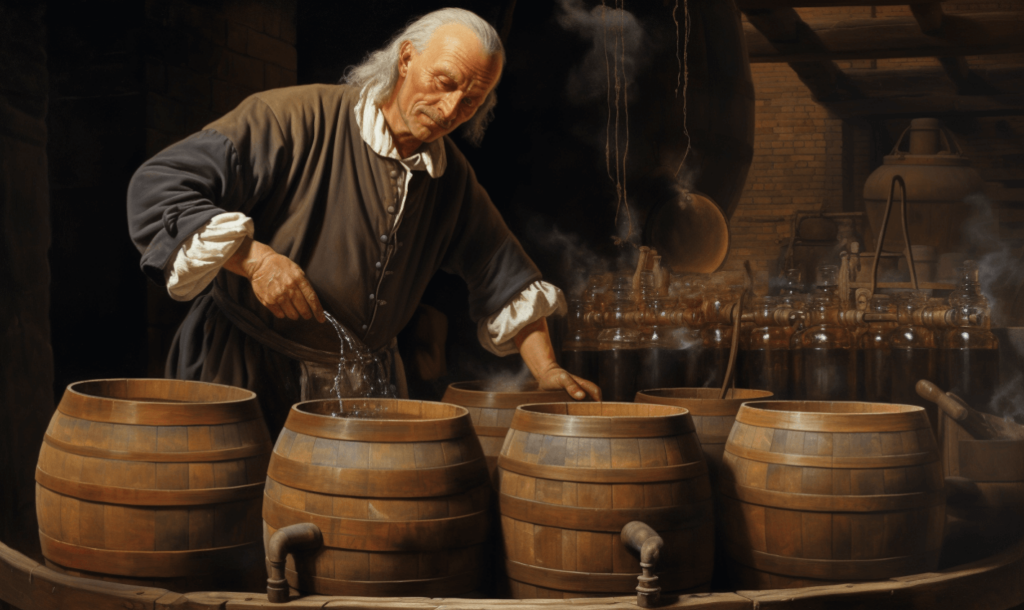CONTACT
Let’s Get in Touch & Get Things Done
mail: info@edengenever.com
The origins of genever can be traced back to the Low Countries, where distillers began experimenting with the creation of a spirit that combined malted grain, juniper berries, and other botanicals. This new spirit was known as “jenever,” which translates to “juniper” in Dutch. Over time, jenever became increasingly popular throughout the Netherlands and soon spread to other parts of Europe. The spirit was embraced by people of all walks of life and became a symbol of the culture and tradition of the Low Countries.

In the 17th century, the English began importing genever from the Netherlands and Belgium and began experimenting with the spirit in their own distilleries. They eventually began to add additional botanicals and spices to the spirit, creating a new version of the drink that they called “gin.”
Unlike genever, which was traditionally made using malted grain and had a rich, complex flavor, gin was made using a neutral spirit and was flavored with a combination of botanicals, such as juniper, coriander, and angelica root. The result was a lighter version of the original spirit. The English did not use malt wine when making gin because they did not have access to the same type of malt wine that was used in the original genever recipe. In the Low Countries, a specific type of malt wine was produced for genever, using a unique combination of malted barley, rye, and corn. Instead, the English used a less expensive and more readily available neutral grain spirit, which was often made from wheat or corn.
Despite the popularity of gin, genever remained a popular spirit in the Netherlands and continued to be produced using traditional methods. Today, there are two main types of jenever: “oude” (old) and “jonge” (young). The difference between the two is that oude jenever contains at least 15% malt wine, which is made using a combination of malted grain, corn, and rye.

While gin may be more well-known today, genever remains a beloved spirit in the Low Countries and is considered by many to be a more complex and interesting spirit than its English derivative. The rich, complex flavors of genever make it a perfect spirit for sipping on its own or for use in classic cocktails, such as the Tom Collins and the Improved Holland Gin cocktail. As the father of gin, jenever will always have a special place in the hearts of cocktail enthusiasts and spirit aficionados around the world.